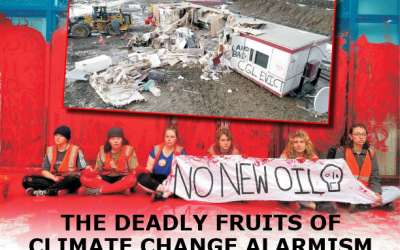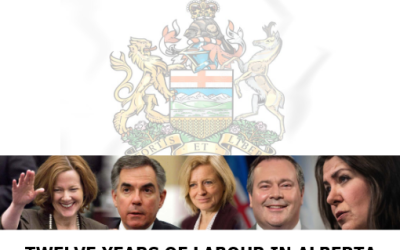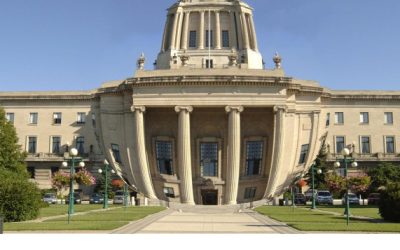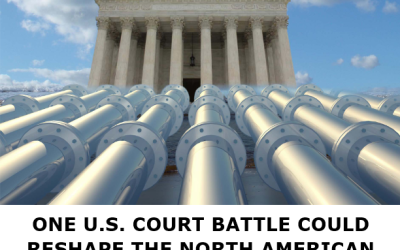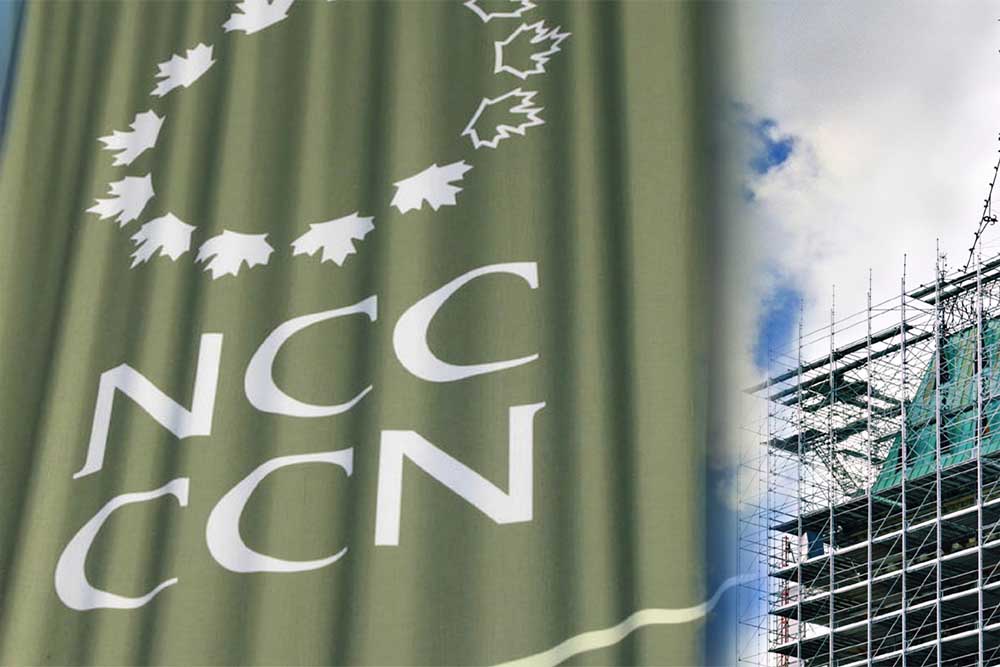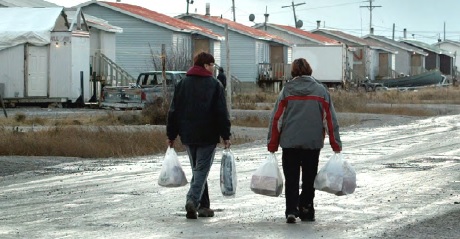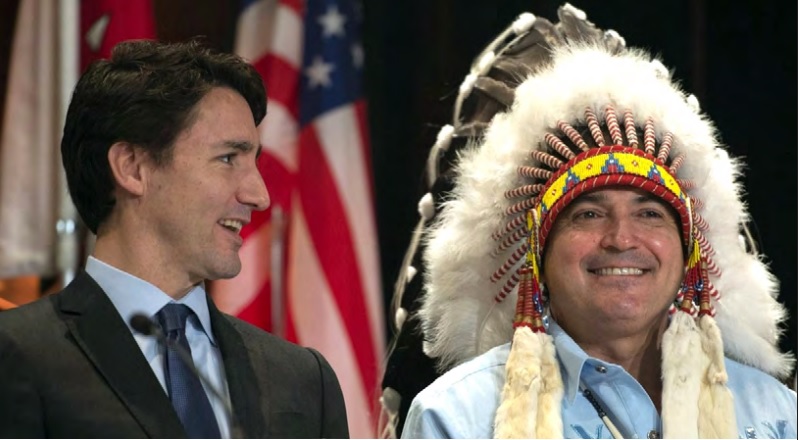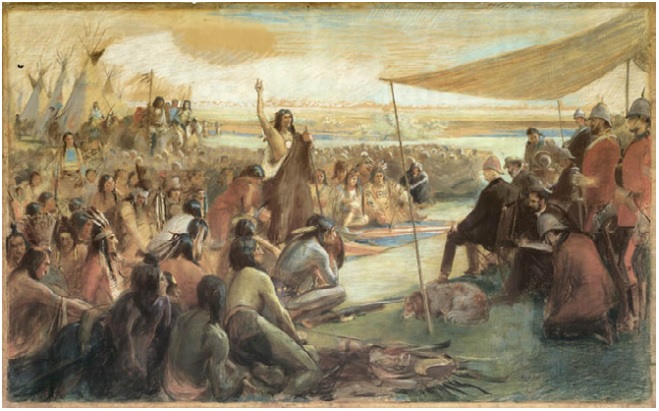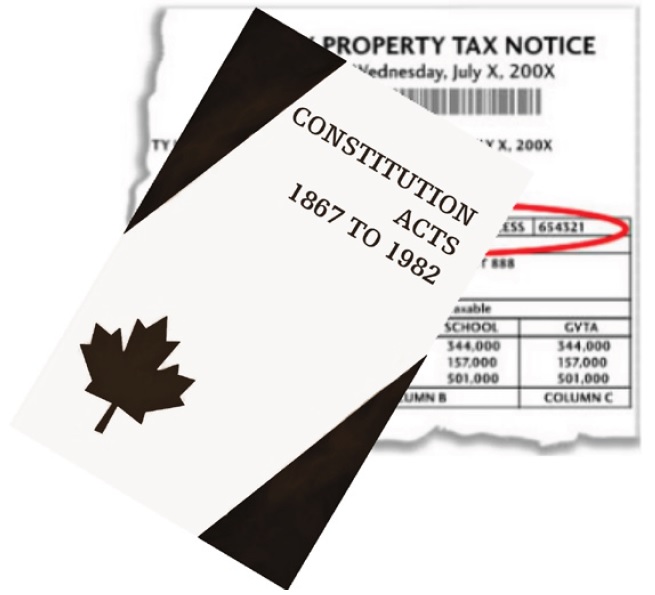The Looming Eco-Extremist Threat And Why We Must Stop Ignoring It
Backgrounder
Twelve Years Of Labour In Alberta: A Tale Of Three Political Eras
Backgrounder
Manitoba’s Larger Public Sector
Manitoba public sector still much larger than Canadian average
One U.S. Court Battle Could Reshape The North American Energy Economy
“If every locality traversed by an existing or proposed pipeline project were empowered to enact similar ordinances to prevent the operation of that pipeline through its boundaries, pipeline commerce could come to a halt.” – Lawyers for the Portland pipeline operator
Featured News
There’s Nothing Fair About Canadian Health Care
For the past 14 years, Vancouver surgeon Dr. Brian Day has led the charge for health-care reform, pushing for the right of patients to pay for private care if their health and well-being are threatened as a result of waiting in a stagnant and overburdened public...
Transformers: More than Meets the Eye
The path to net zero, based on the much disputed belief that carbon dioxide is a pollution, is more steep and impractical than most people realize. Replacing fossil fuels with clean electricity will require much more power generation and a greatly upgraded grid to...
Backgrounder – A Crown Corporation’s Failure to Safeguard Assets: National Capital Commission
The National Capital Commission (NCC) is a Crown corporation owned by the Canadian government. The NCC owns and manages over 10 percent of the lands in the National Capital Region. Moreover, the corporation owns and manages several properties, including Canada’s six...
The Great Myth of Lockdowns
In January and February, the Canadian public watched as COVID-19 was announced in China. It spread to Italy, then to Germany, Spain, France, and then to the UK. The media, fascinated by the ratings they were receiving by covering the disease, relentlessly extolled the...
Canada’s Indigenous Policy – The Failing Buffalo Jump Policy? Or a New Idea That Could Work Right Now
The Indigenous policy, being advanced by the Canadian government in a suite of legislation in the fall of 2018, is supposed to mark at new turn in the relationship between the Crown and Indigenous people. It appears, however, that the new policy is merely a tweaking...
Indigenous Affairs Plus: Canada’s “Super-Province”
Indigenous and Northern Affairs Canada (INAC) did not become as stand-alone federal government department until 1966. Since then, it has ballooned in size to become a vast department with jurisdictional reach over 90 percent of Canada’s land mass. INAC, which is in...
The Silence of the People
The federal government is moving full-speed ahead to dramatically reform the relationship between the Crown and Canada’s Indigenous people through a new Indigenous Rights, Recognition and Implementation Framework and through a suite of legislative changes. However,...
Treaty Annuity Right
Autonomy for individuals and families was built into traditional Indigenous governance structures, and explicitly built into the historical treaties through an annuity payable directly to every man, woman and child in bands signing the treaties. However, since the...
Distributing the Risk: Mortgage Default Insurance
Mortgage Default Insurance (MDI) is mandatory in Canada for residential purchases where the purchaser’s down payment is between 5% and 19.99%.[i] Most MDI premiums fall in the range between 2.4% to 6.6% of the mortgage amount. The idea behind MDI is to increase the...
No Lands or Property… Shall Be Liable to Taxation
Section 125 of the Constitution Act, 1867, states: “No Lands or Property belonging to Canada or any Province shall be liable to Taxation.”1 This constitutional protection is at the center of many long standing arguments between the federal government and...
A New Model to Implement Next Generation Telecom for Rural and Remote Saskatchewan
The challenge of getting modern telecommunications infrastructure to rural and remote regions is global. Many countries have programs to address this challenge. There is a World Rural Telecoms Congress and an association in the United States, NTCA—The...
